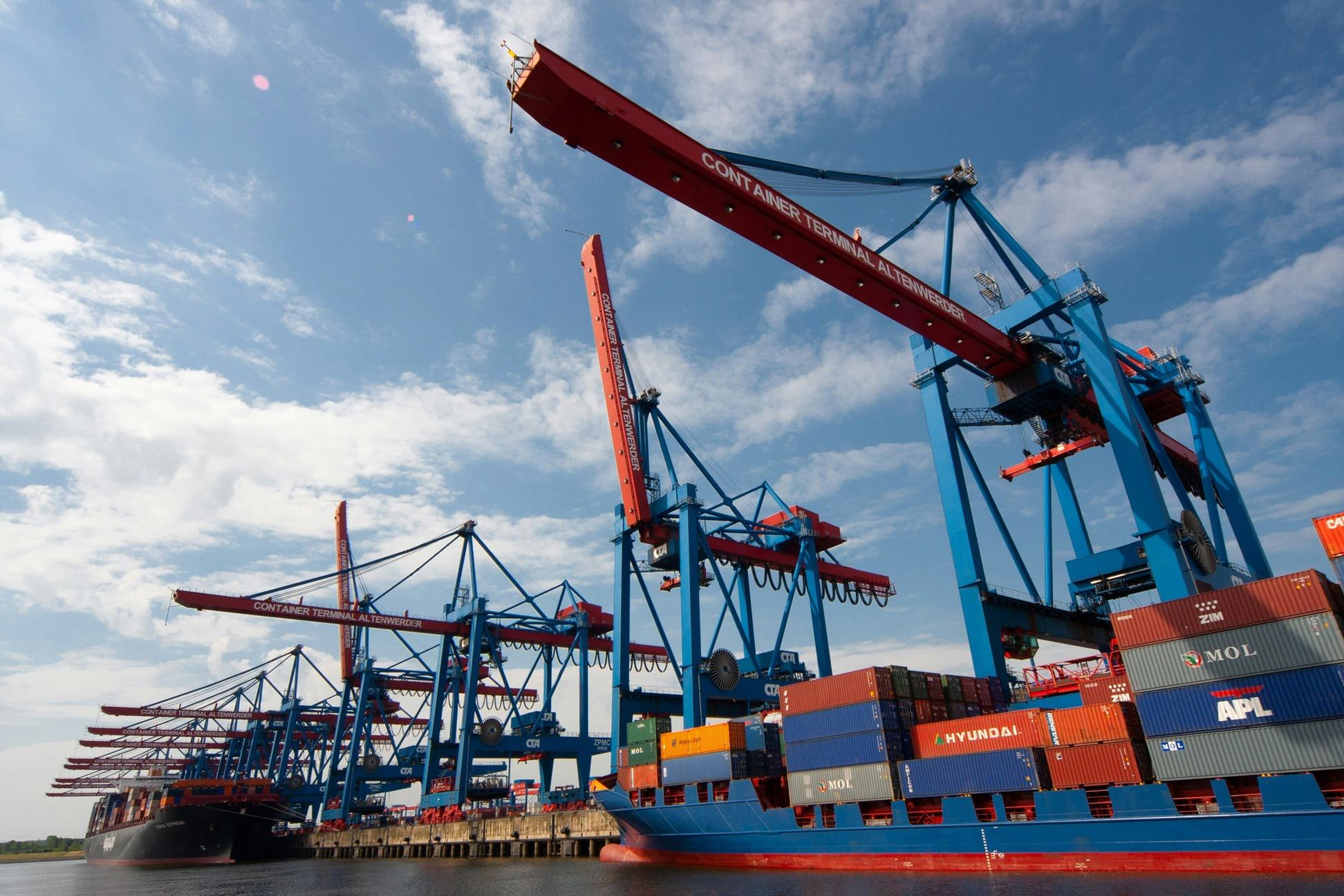
Often our careers in finance are about balance, such as risk and reward, and sometimes it is about balancing conflicting priorities, such as globalisation and localisation.
“Glocalisation” has moved beyond a catchy term thought up in the 1980’s, to an imperative for all those with business ambitions beyond their nearest neighbours; which is most businesses in the modern world with our increased connectivity, and I would argue almost all tech businesses given their ability to replicate the product/service world-wide with great ease and from a single base.
What is Glocalisation?
Glocalisation is tailoring global products and services to meet local needs, typically regulatory or cultural. A classic example is a fast-food chain that offers certain meals in different countries or regions. The one I notice most day to day is the local supermarket where they have a world food section, tailored to the largest minority cultures in the area.
If used effectively, it enables tech companies to adapt to local nuances while maintaining a cohesive global brand identity.
Imagine your tech company wants to expand internationally. Instead of replicating the same product or service everywhere, glocalisation allows you to tailor your offerings to local preferences while preserving your brand's essence.
Why Is Glocalisation Important for Tech Businesses?
Having a Glocal imperative allows organisations to focus on the relevant local market demands and issues, creating better tech by being more relevant to each market.
For example, the big tech firms are currently falling foul of the Digital Markets Act in the EU, while previously they were big winners out of the GDPR regulations. Businesses need to be careful and consider these sensitivities where it can have a significant impact on your success in certain regions.
Then there’s the crucial consideration of legal and regulatory compliance. If you aren’t aware of the regulations and the direction of travel on regulations, your business can suddenly be significantly impacted in one of your largest markets, be it by fines or damage to reputation or both.
A Glocal imperative is key to running the gauntlet of local laws and regulations, including tax obligations.
Examples of Glocalisation in Tech:
- Apple: Despite its global brand presence, Apple adapts its marketing campaigns to suit local tastes and preferences. For instance, in Japan, they modified their iconic "I'm a Mac, I'm a PC" ads to be less confrontational and more culturally resonant.
- Whirlpool: The multinational appliance manufacturer adjusted its products for the Indian market by modifying washing machines to handle longer fabrics without tangling, catering to the traditional practice of wearing saris.
- Software Interfaces: Tech companies often localise software interfaces by translating them into multiple languages, ensuring usability for diverse users across different regions.
- Payment Methods: Offering region-specific payment gateways, such as Alipay in China or iDEAL in the Netherlands, simplifies transactions and enhances the user experience.
It’s easy to lose the global imperative while focusing on the local, therefore it’s crucial you understand why your business does what it does. This should then inform your global brand and maintain its consistency.
Practical Steps for Tech Businesses
It’s easy to lose the global imperative while focusing on the local, therefore it’s crucial you understand why your business does what it does. This should then inform your global brand and maintain its consistency. If your reason for existing is to make payments for consumers easier, then make sure any localisation adjustments aren’t breaking that brand ethos.
It could be preferable to exit a market completely rather than compromise your “reason for being” due to the potential damage to your reputation globally. Think Apple’s use of Foxconn to produce its products in China.
You will benefit from having local teams, who really understand the market you are trying to appeal to, doing the market research and product development for each region. There may also be language and cultural barriers to overcome along with regulatory and taxation areas to obtain assistance on.
Working with business advisors such as Baker Tilly, who are part of the global network, Baker Tilly International, means that your global ambitions can be met with the support of local teams familiar with their jurisdictions wherever you are in the world.
Integrating Tax Implications into Glocalisation
In addition to the cultural, market, and regulatory considerations inherent in glocalisation, tax implications play a significant role in shaping a tech company's global strategy.
Accountants must carefully evaluate the tax consequences of business decisions, including expansion into new markets, structuring of cross-border transactions, and implementation of employee incentive programs.
With the wide variation of laws from one jurisdiction to another, you can find yourself in difficulties if you aren’t getting good advice.
Related content











